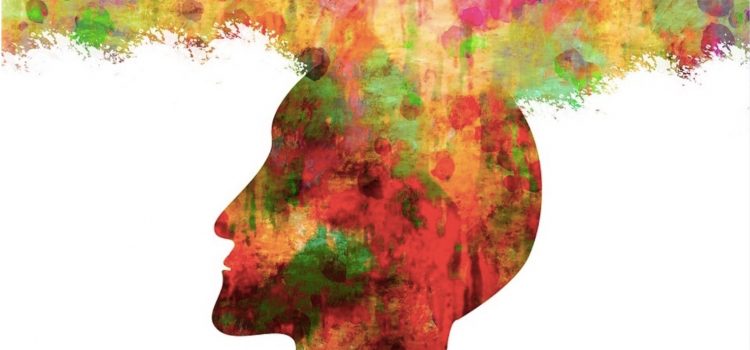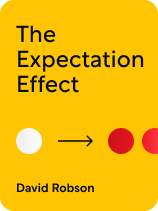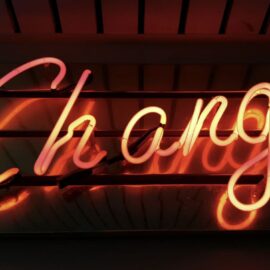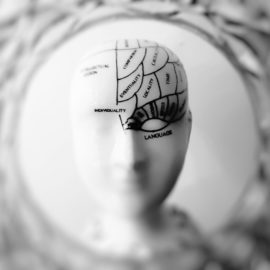

This article is an excerpt from the Shortform book guide to "The Expectation Effect" by David Robson. Shortform has the world's best summaries and analyses of books you should be reading.
Like this article? Sign up for a free trial here.
Why does your brain rely on predictions? How does your brain create reality?
Even when you don’t realize it, your brain is taking in everything around you. According to The Expectation Effect by David Robson, this helps create predictions that may or may not come true in the future.
Continue reading to learn how reality is constructed by your brain constantly.
How Does Your Brain Construct Your Reality?
Your brain doesn’t just perceive reality—reality is constructed by your brain. Robson explains that as you perceive the world around you, your brain draws on information relayed by your senses as well as information inferred from your past experiences. In the process, your brain generates predictions about the sensory information it receives, like when you see a fly and your brain predicts its path so that you can swat it away from your face. The brain constructs a representation of what it thinks is happening and what it predicts will happen, and you perceive this representation as reality.
The brain relies heavily on these predictions. The visual cortex, the region of the brain that processes information received from the eyes, has extensive connections to other brain regions that make predictions—which illustrates how the brain is wired to rely on prior knowledge. Robson notes that it makes evolutionary sense for the brain to depend on predictions: Using predictions to inform perception reduces the amount of sensory information it has to process and enables it to focus on surprising sensory details, like the snake that you might just step on if your brain doesn’t alert you to get out of the way.
(Shortform note: Neuroscientists say that the brain makes predictions because it takes time for visual information to travel from the retina through the brain to the visual cortex in the back of the brain. If the brain didn’t compensate for the delay, information would be outdated by the time it’s processed. So the visual cortex relies on predictions to guess what’s happening before the sensory information arrives, collaborating with other areas of the brain such as the hippocampus to anticipate what will happen next. Scientists think that the brain operates this way because the world around us is ambiguous, and we have only so much processing power to make sense of it—so making predictions is a quick and efficient way to cope with those limitations.)

———End of Preview———
Like what you just read? Read the rest of the world's best book summary and analysis of David Robson's "The Expectation Effect" at Shortform.
Here's what you'll find in our full The Expectation Effect summary:
- Why you should rely on your body, not the universe, to make you happier
- How your brain can control your health, longevity, and quality of life
- Why you should focus on the benefits of getting older, rather than fearing it





